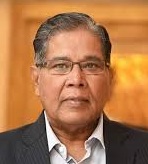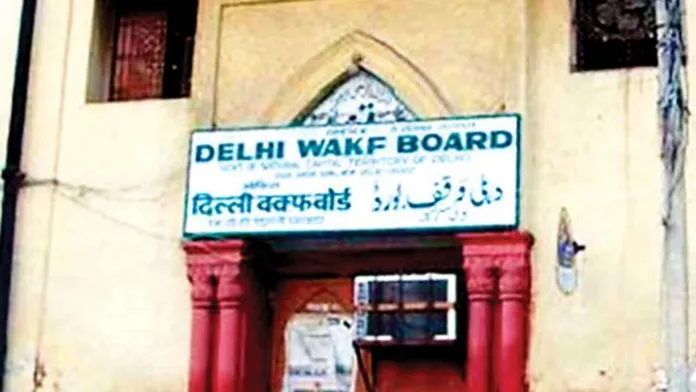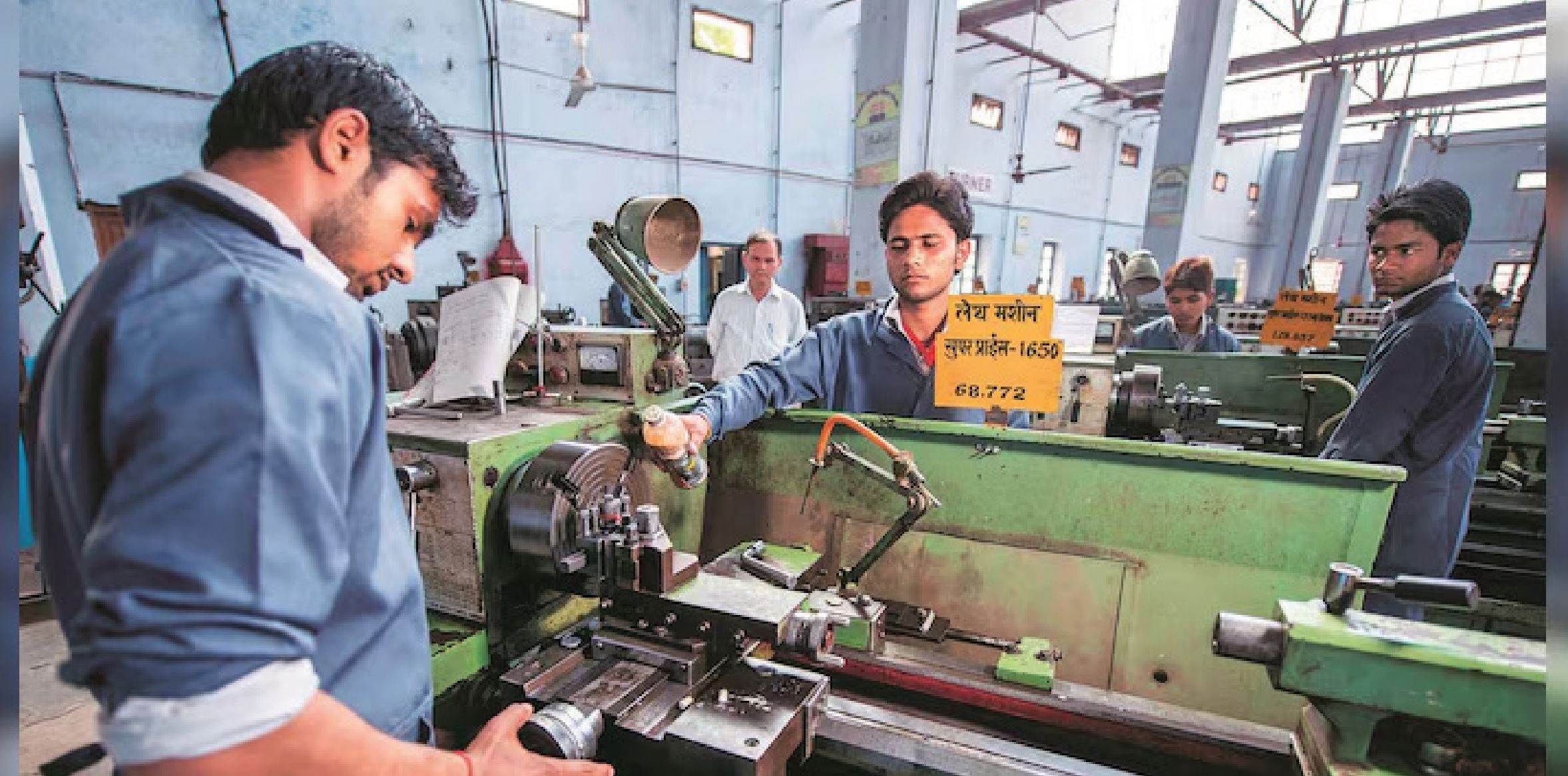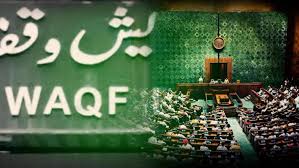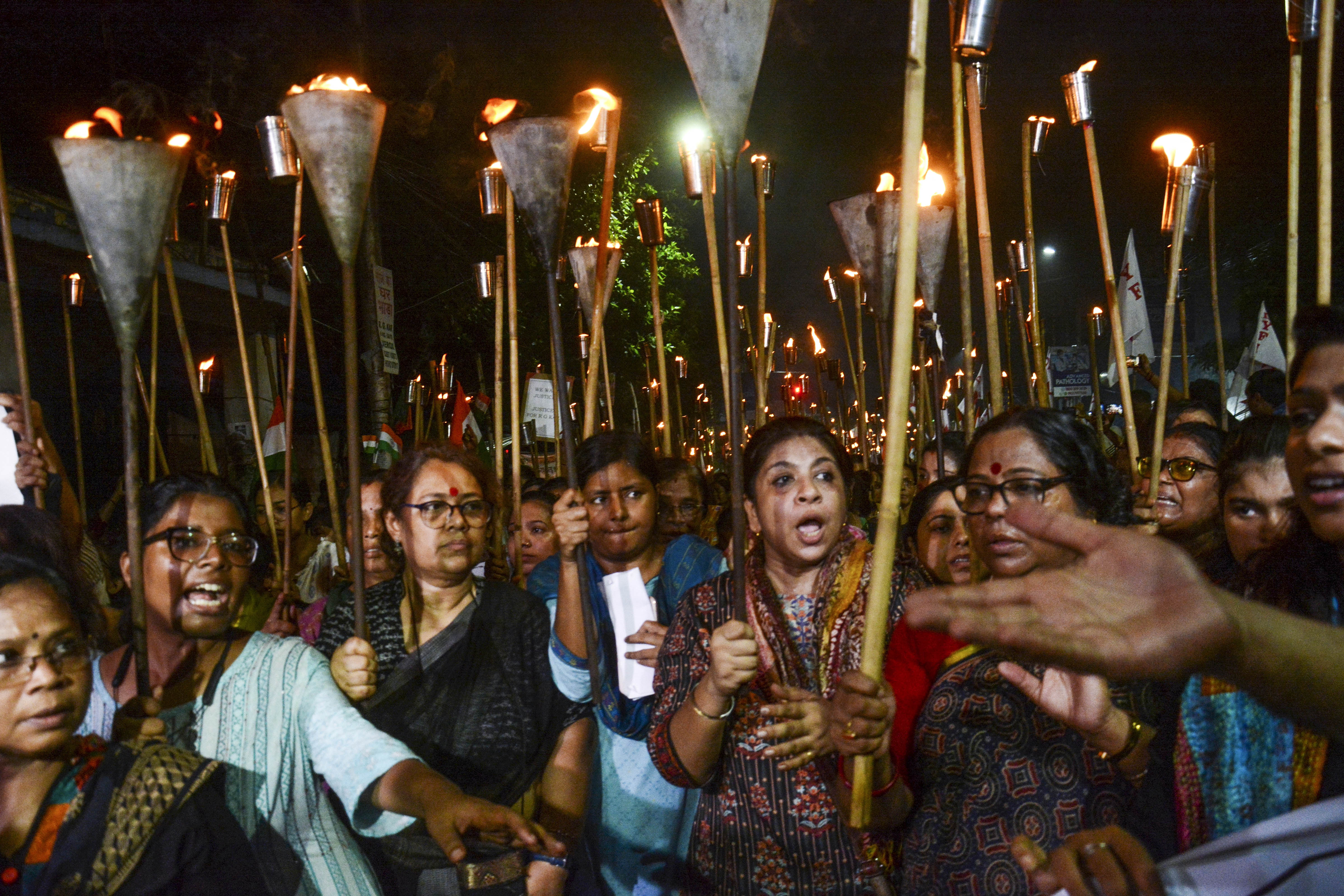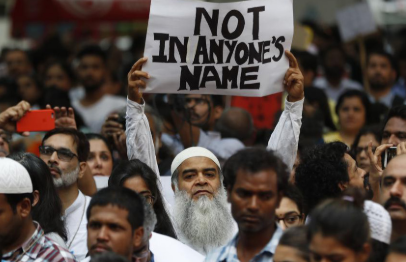'PM Modi’s allegations on Waqf properties are baseless rumours'
The ownership of 123 Waqf properties, including mosques, graveyards, mausoleums and madrasas, is not new and spans over three decades, he said
-
Representative Picture
Bengaluru, 28 Nov
Former Rajya Sabha deputy chairman
Dr K Rahman Khan has dismissed Prime Minister Narendra Modi’s allegations that
Congress party disregarded Supreme Court orders to pursue vote-bank politics
through appeasement policies.
Modi had cited an example of Delhi
Waqf Board to attack Congress. The Prime Minister claimed that just before
leaving office in 2014, the Congress-led UPA government handed over properties
in Delhi to the Waqf Board. He also said the Constitution, as drafted by BR
Ambedkar, does not mention the Waqf Board, implying its creation was
politically motivated.
Citing historical and legal
aspects, Khan called Modi’s claims baseless rumours. The ownership of 123 Waqf
properties, including mosques, graveyards, mausoleums and madrasas, is not new
and spans over three decades, the former Union minister of minority affairs
said. These properties are significant places of faith and worship and the
process of identifying these properties began during Indira Gandhi’s tenure as
Prime Minister (1970s); and it was not a last-minute decision by the Congress
government as alleged by Modi.
During Gandhi’s administration, a
government committee identified 400–500 properties in Delhi as Waqf properties,
out of which 123 were officially recognised, the Congress leader said. These
properties were subsequently leased for 99 years.
This was not politically motivated
but a restoration of these properties to their rightful status based on
historical and legal evidence, the former MP said.
The properties were religious and
not utilised for any governmental purposes. After years of legal proceedings,
the Delhi High Court eventually ruled in favour of returning these properties
to the Waqf Board. The government’s decision to notify these properties as Waqf
was lawful and aimed at preserving their religious and cultural heritage, Dr
Khan said.
Dr Khan, former deputy chairman of
Rajya Sabha, is a seasoned politician and has a significant role in shaping the
legislation governing Waqf properties in India. He spearheaded the 2013
amendments to the Waqf Act of 1995. —Salar News
Leave a Reply
Your email address will not be published. Required fields are marked *








